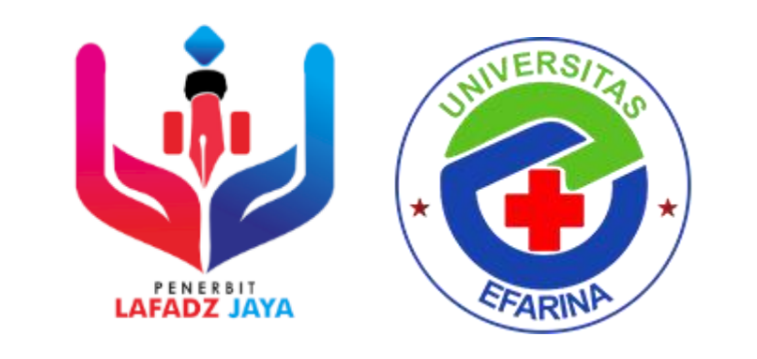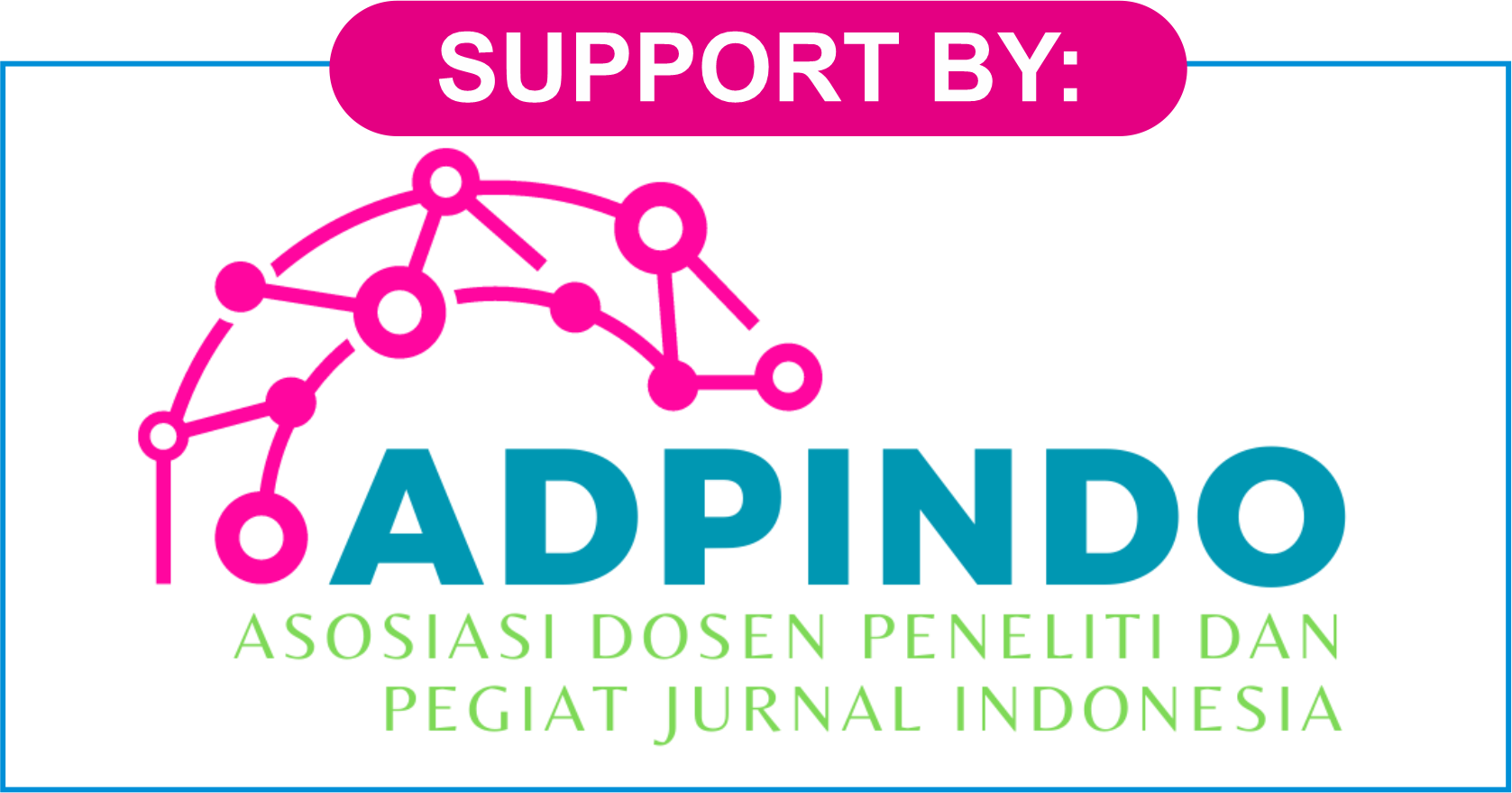Important Policies
Policies on Conflict of Interest, Human and Animal Rights, and Informed Consent
1. Conflict of Interest Policy
At the Journal of Psychology and Health Sciences (SIKONTAN), we are committed to ensuring transparency, integrity, and the ethical conduct of research. Authors, reviewers, and editors must declare any potential or actual conflicts of interest that could influence the objectivity of the manuscript or review process.
A conflict of interest exists when an individual has personal, professional, or financial interests that could affect, or be perceived to affect, their decisions in the research, review, or publication process. This includes:
-
Financial support or relationships with organizations that could benefit from the publication.
-
Ownership of patents or intellectual property relevant to the manuscript.
-
Personal relationships or professional connections that could bias judgment.
Author's Responsibility: Authors are required to disclose any potential conflicts of interest upon submission and in the acknowledgments section of their manuscript. Failure to disclose conflicts of interest may result in the rejection of the manuscript.
Reviewer's Responsibility: Reviewers must also disclose any potential conflicts before accepting an invitation to review. If a conflict is identified during the review process, reviewers should recuse themselves from the review.
Editorial Board's Responsibility: Editors must declare any conflicts of interest related to the manuscripts they handle. In cases of a conflict, editors will recuse themselves from the decision-making process and assign the manuscript to another member of the editorial board.
2. Human and Animal Rights Policy
SIKONTAN adheres to internationally recognized ethical guidelines for research involving human participants and animals.
Human Rights and Ethics:
Research involving human participants must comply with the Declaration of Helsinki and other relevant national and international guidelines. Authors must ensure that the privacy, dignity, and rights of participants are respected. This includes the following:
-
Informed consent must be obtained from all human participants involved in research.
-
Studies should be reviewed and approved by an ethical review board or institutional review committee before commencement.
-
Authors must report any adverse effects or risks to participants during the research process.
Animal Rights and Ethics:
Research involving animals must adhere to the Guide for the Care and Use of Laboratory Animals and similar ethical guidelines for humane treatment. Authors must ensure that animal research is conducted with proper care and under approved protocols, minimizing animal distress and harm. The journal expects that:
-
Animal studies are conducted with appropriate ethical review.
-
The number of animals used in the study is justified and minimized.
-
Researchers provide a clear explanation of how animals were treated in the methods section of the manuscript.
3. Informed Consent Policy
Informed consent is a fundamental ethical requirement for research involving human participants. The process of obtaining informed consent must be comprehensive, clear, and voluntary.
Informed Consent in Research:
-
Authors must ensure that participants are provided with clear, written information about the nature, purpose, potential risks, and benefits of the study.
-
Consent must be obtained before participants take part in any research activity. This consent should be documented in writing and stored securely.
-
The participant’s decision to participate or withdraw from the study must be voluntary and without coercion.
-
In the case of research involving vulnerable populations (e.g., minors, individuals with cognitive impairments), additional safeguards and consent procedures are required.
Consent for Publication:
-
Authors should obtain consent from participants for the use of their data and images in the manuscript, particularly when identifying details are involved.
-
Authors must also seek consent for publication in cases where sensitive or potentially identifiable information is included in the manuscript, such as medical history, photos, or case reports.
Special Cases of Informed Consent:
-
In case of retrospective studies or archival data use, authors must explain how informed consent was obtained or address the reasons why consent was not required (e.g., anonymous data).
-
If data or images are derived from previous studies, authors must ensure that they have the appropriate consent for reuse and publication.






